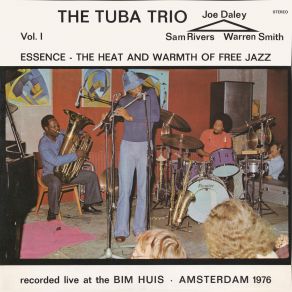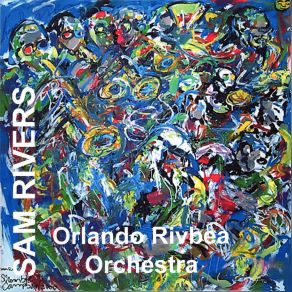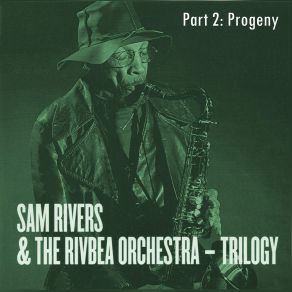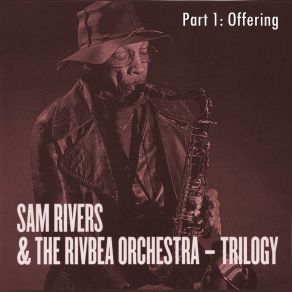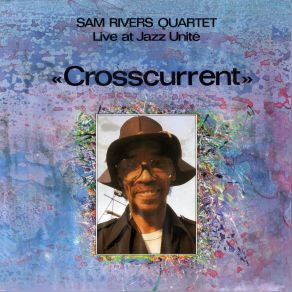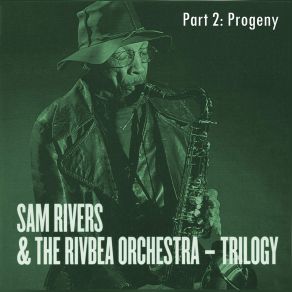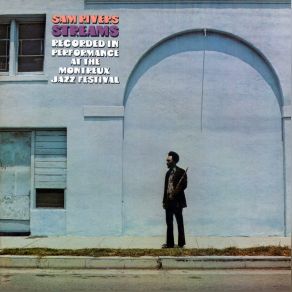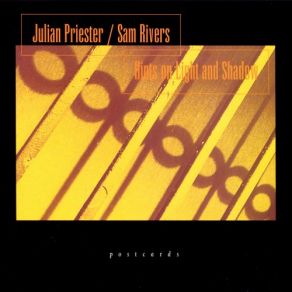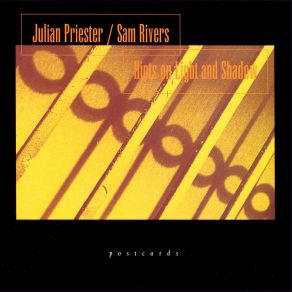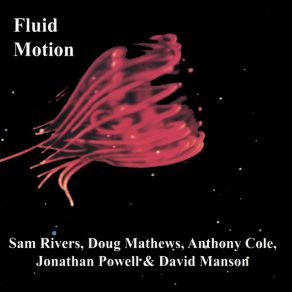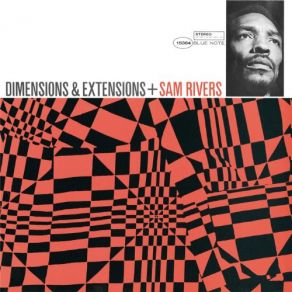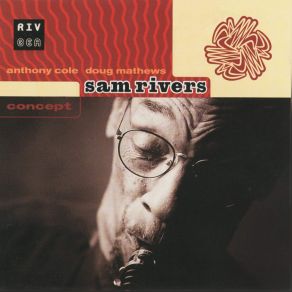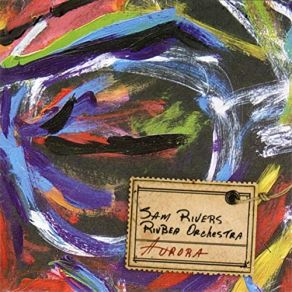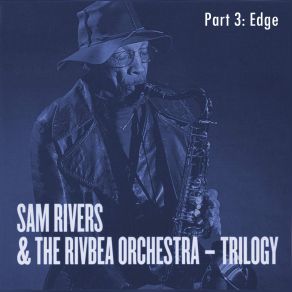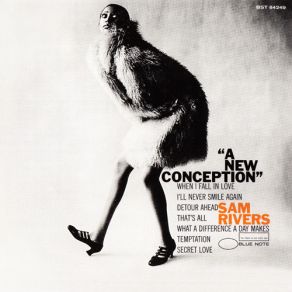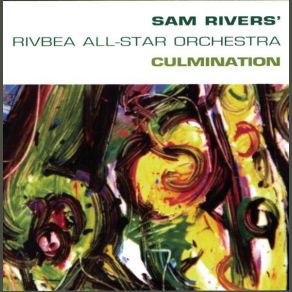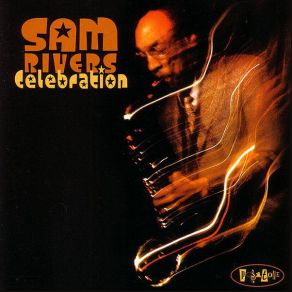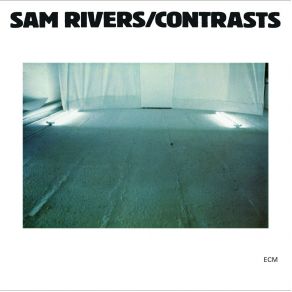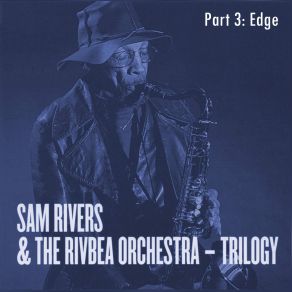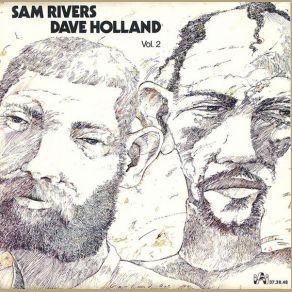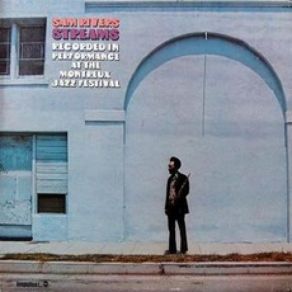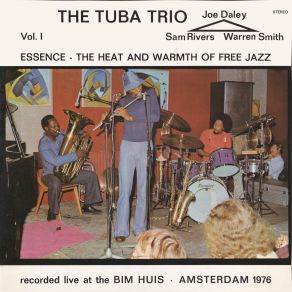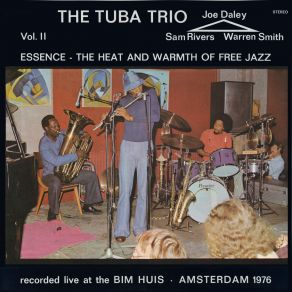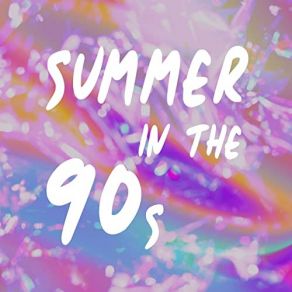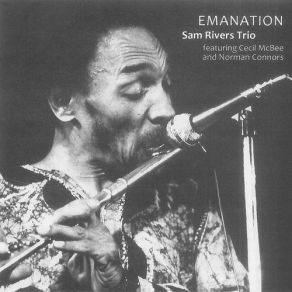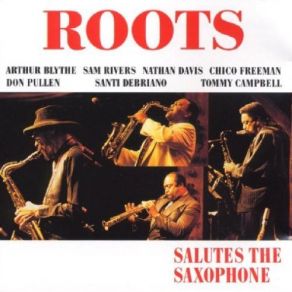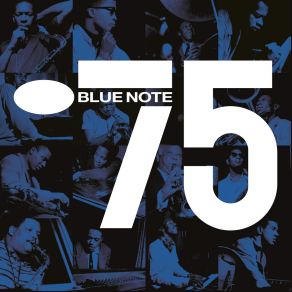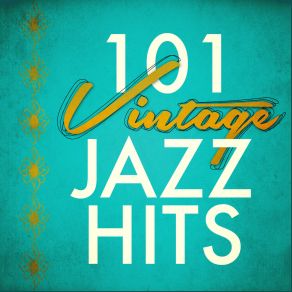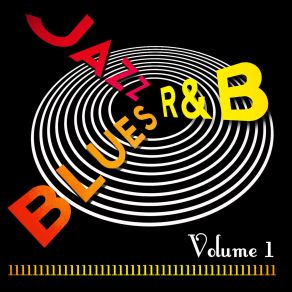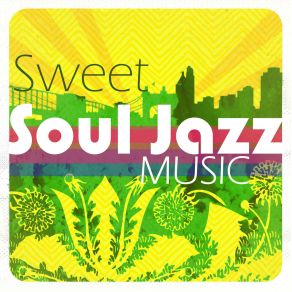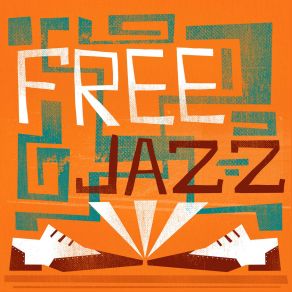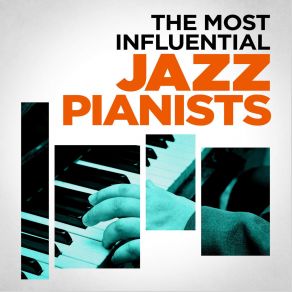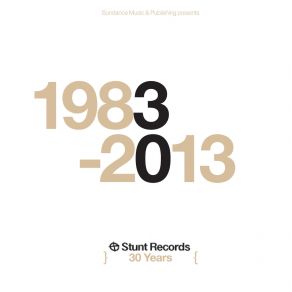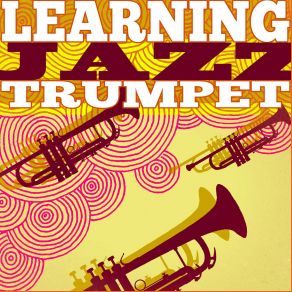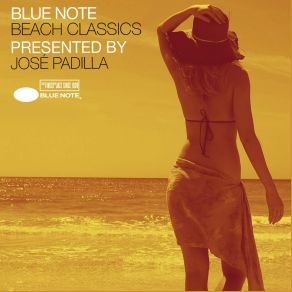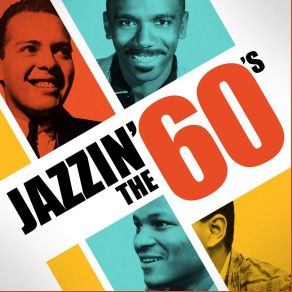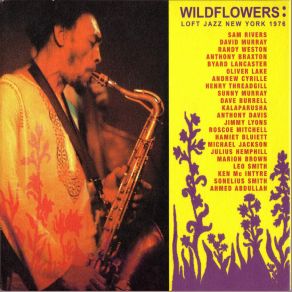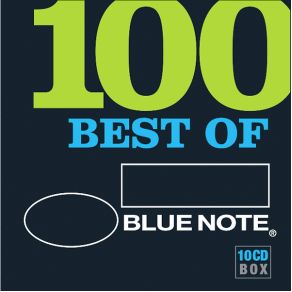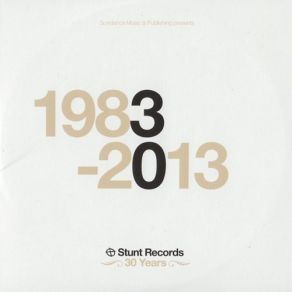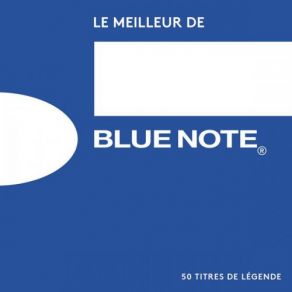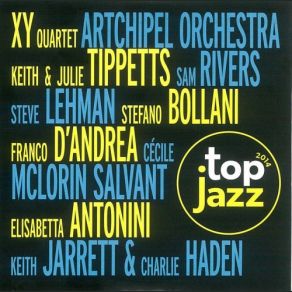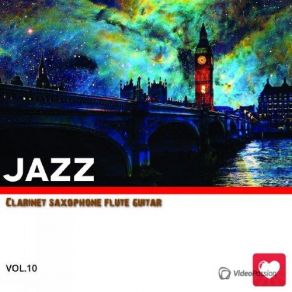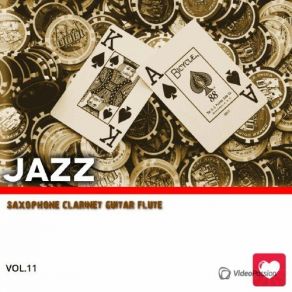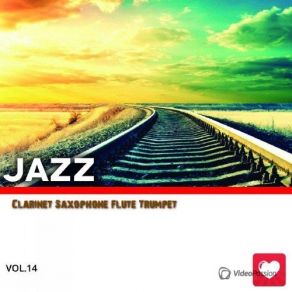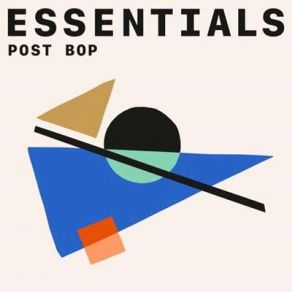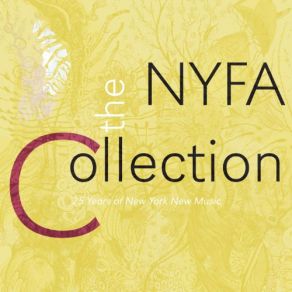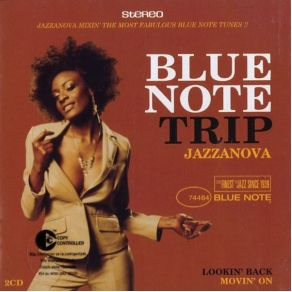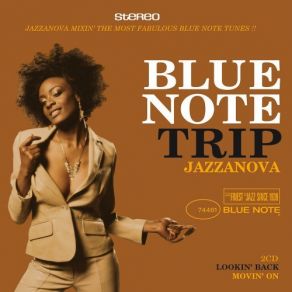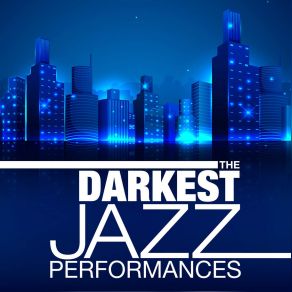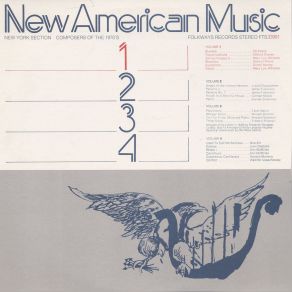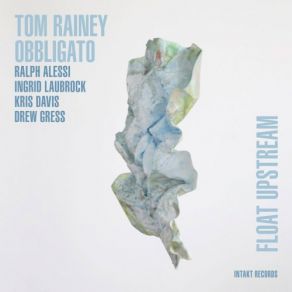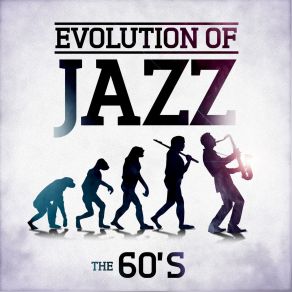Sam Rivers
Wikimp3 information about the music of Sam Rivers. On our website we have 69 albums and 34 collections of artist Sam Rivers. You can find useful information and download songs of this artist. We also know that Sam Rivers represents Jazz genres.
Biography
[Edit]Few, if any, free jazz saxophonists approached music with the same degree of intellectual rigor as Sam Rivers; just as few have managed to maintain a high level of creativity over a long life. Rivers played with remarkable technical precision and a manifest knowledge of his materials. His sound was hard and extraordinarily well-centered, his articulation sharp, and his command of the tenor saxophone complete. Rivers' playing sometimes had an unremitting seriousness that could be extremely demanding, even off-putting. Nevertheless, the depth of his artistry was considerable. Rivers was as substantial a player as avant-garde jazz ever produced.
Rivers' father was a church musician, touring with a gospel quartet. Rivers was raised in Chicago and then Little Rock, Arkansas, where his mother taught music and sociology at Shorter College. He began taking piano and violin lessons at about the age of five. He later played trombone, before finally settling on the tenor. Early favorites were Don Byas, Coleman Hawkins, Lester Young, and Buddy Tate. Rivers moved to Boston in 1947, where he studied at the Boston Conservatory of Music and, later, Boston University. There, he played in Herb Pomeroy's little big band, which, in the early '50s, also featured such players as Jaki Byard, Nat Pierce, Quincy Jones, and Serge Chaloff.
Rivers left school in 1952. He moved to Florida for a time, then returned to Boston in 1958, where he again played with Pomeroy. Rivers became active in the local scene. He formed his own quartet with pianist Hal Galper, and played on his first Blue Note recording session with pianist/composer Tadd Dameron. In 1959, he began playing with 13-year-old Tony Williams. It was about this time that Rivers became involved in the avant-garde. He developed a free improvisation group with Williams. Perhaps befitting his educational background, Rivers approached free jazz from more of a classical perspective, in contrast to the style of his contemporary, Ornette Coleman, who came out of the blues.
In the early '60s, Rivers became involved with Archie Shepp, Bill Dixon, Paul Bley, and Cecil Taylor, all members of the Jazz Composer's Guild. In 1964, Rivers moved to New York. That July, Miles Davis hired Rivers on Tony Williams' recommendation. The group played three concerts in Japan; one was recorded and the results released on an LP. In August of 1964, following the brief experience with Davis, Rivers played on Life Time (Blue Note), Williams' first album as a leader. Later that year, Rivers led his own session for Blue Note, Fuchsia Swing Song, which documented his inside/outside approach. Rivers led four more dates for Blue Note in the '60s. In the middle part of the decade, he also recorded with Larry Young, Bobby Hutcherson, and Andrew Hill. In 1969, he toured Europe with Cecil Taylor in a band that also included Andrew Cyrille and Jimmy Lyons.
In 1970, Rivers — along with his wife, Bea — opened a studio in Harlem where he held music and dance rehearsals. The space relocated to a warehouse in the Soho section of New York City. Named Studio Rivbea, the space became one of the most well-known venues for the presentation of new jazz. Rivers' own Rivbea Orchestra rehearsed and performed there, as did his trio and his Winds of Change woodwind ensemble. Rivers' trio of the time was a free improvisation ensemble in the purest sense. The group used no written music whatsoever, relying instead on a stream-of-consciousness approach that differed structurally from the head-solo-head style that still dominated free jazz. Much of this early- to mid-'70s music was documented on the Impulse! label.
In 1976, Rivers began an association with bassist Dave Holland. The duo recorded enough music for two albums, both of which were released on the Improvising Artists label. Opportunities to record became more scarce for Rivers in the late '70s, though he did record occasionally, notably for ECM; his Contrasts album for the label was a highlight of his post-Blue Note work. In the '80s, Rivers relocated to Orlando, Florida, where he created a scene of his own. Rivers formed a new version of his Rivbea Orchestra, using local musicians who made their living playing in the area's theme parks and myriad tourist attractions. From the '80s into the new millennium, Rivers recorded albums on his own Rivbea Sound label and other imprints as well, including a pair of critically acclaimed big band albums for RCA. Sam Rivers died of pneumonia on December 26, 2011; he was 88 years old.
Title: 25 Years of New York New Music
Artist: Joel Harrison, Sam Rivers, Dana Leong, Rudresh Mahanthappa, David Van Tieghem, Jeff " Tain " Watts, Marvin Smith, Claudio Roditi, Annie Gosfield, Sara Parkins, Leonard Slatkin, Yosvany Terry, The Blob, J. G. Thirlwell, Bora Yoon, Vijay Iyer, Concertgebouworkest, John Morton, JD Allen, Iconoclast, Orlando Le Fleming, Anthony De Mare, Marshall Coid, Mat Maneri, Bashiri Johnson, John Stubblefield, Dennis Irwin, Nashville Symphony Orchestra, George Tsontakis, Samuel Claiborne, Christian Howes, Robert Ian Winstin, Ethel, Joseph Bertolozzi, Gary Schall, Lois V Vierk, Bruce Gremo, Lukas Ligeti, Joel Chadabe, Nicolas Maza, Maggie Parkins, Stefan Tcherepnin, Sarah Cahill, Flute Force, Andrew Bolotowsky, Elizabeth Brown, Flexible Orchestra, Tara Simoncic, DownTown Ensemble, Ishmael Wadada Leo Smith, Peter Van Bergen, Anne Lebaron, Eric John Eigner, Monteith McCollum, Francois Moutin, Elliot Humberto Kavee, Afro Asian Music Ensemble, Pablo Sekou Dembele, Sidiki Conde, Tri-Polar, Jon Davis, Howard Prince, Newman Taylor Baker, Laura Kahle, Nicola Melville, David Cerutti, New York Interschools String Orchestra, Michael Finckel, Ian Ferguson, Robert Zubrycki, Andy Teirstein, Matico Josephson, Kiitos, University Of Wisconsin Percussion Quartet, University Of Wisconsin River Falls Concert Choir, Volti, Robert Geary, Sam Bardfield, Sonora Trio, Ashley Horne, Barbara Bilach, Selma Moore, Timothy Schmidt, Laurel Ann Maurer, Peter Matthews, Eve Beglarian, Corey Dargel, Christian Amigo, Ivan Meylemans, Concert: Nova, Esther Noh, Joanne Lin, Orlando Wells, Jennifer Choi, MONTAGE Music Society, Kiev Philharmonic, Kiev Chamber Choir, Miami String Quartet
Genre:
Title: Violet Violets
Artist: Sam Rivers, Kresten Osgood, Ben Street
Genre: New Age, Jazz, Avant Garde Jazz
Title: Hints On Light and Shadow
Artist: Julian Priester, Sam Rivers
Genre: Electronica, Jazz, Avant Garde Jazz
Title: Dimensions & Extensions (Rudy Van Gelder Edition) [Remastered]
Artist: Sam Rivers
Genre: Jazz, Avant Garde Jazz
Title: Concept
Artist: Sam Rivers, Anthony Cole, Doug Mathews
Genre: Jazz, Avant Garde Jazz, Contemporary Jazz, Classical
Title: Vista
Artist: Sam Rivers, Adam Rudolph, Harris Eisenstadt
Genre: Jazz, Avant Garde Jazz, Alternative
Title: Capricorn Rising
Artist: Don Pullen, Sam Rivers
Genre: Jazz, Avant Garde Jazz, Avant Garde Metal
Title: Dave Holland and Sam Rivers, Vol. 2
Artist: Dave Holland, Sam Rivers
Genre: Jazz, Avant Garde Jazz, Avant Garde Metal
Title: Emanation 1971 (Maxi-Single)
Artist: Sam Rivers, The Sam Rivers Trio
Genre: Soul, Blues, Jazz, Avant Garde Jazz, Free Improvisation
Title: Fuchsia Swing Song (feat. Jaki Byard, Ron Carter & Tony Williams)
Artist: Sam Rivers
Genre: Jazz
Title: Reunion: Live In New York, Set 2
Artist: Dave Holland, Sam Rivers, Barry Altschul
Title: Backgrounds for Improvisors
Artist: Sam Rivers, Alexander Von Schlippenbach Quartet, Improvisors Pool
Genre: Jazz, Avant Garde Jazz, Classical
Title: Background For Improvisors
Artist: Alexander Von Schlippenbach Quartet, Sam Rivers, Improvisors Pool
Genre: Jazz
Title: Purple Violets
Artist: Sam Rivers, Kresten Osgood, Ben Street, Bryan Carrott
Genre: New Age, Jazz, Avant Garde Jazz
Title: Rendez-vous (with Dave Holland & Barry Altschul)
Artist: Sam Rivers, Mario Schiano
Genre: Jazz
Title: Salutes The Saxophone
Artist: Don Pullen, Sam Rivers, Nathan Davis, Arthur Blythe, Chico Freeman, Santi Debriano
Genre: Jazz
Title: Stablemates
Artist: Santi Debriano, Chico Freeman, Arthur Blythe, Nathan Davis, Sam Rivers, The Roots, Don Pullen
Genre: Jazz
Collections
Title: Blue Note 75
Genre: Jazz
Title: 101 Vintage Jazz Hits
Genre: Jazz
Title: Out and Out Jazz
Genre: Jazz
Title: Greatest Jazz Flute
Genre: Jazz
Title: Jazz Blues R&B! Vol. 1
Genre: Blues
Title: Sweet Soul Jazz Music
Genre: Hip Hop/R&B, Soul, Jazz
Title: Free Jazz - Experimental Sounds
Genre: Jazz
Title: The Most Influential Jazz Pianists
Genre: Jazz
Title: Stunt Records Compilation Volume 14
Genre: Jazz
Title: Stunt Records 30 Years 1983-2013
Genre: Jazz
Title: Learning Jazz Trumpet
Genre: Jazz
Title: Stunt Records Compilation Volume 13
Genre: Jazz
Title: Great Jazz Drumming
Genre: Jazz
Title: Jazzin' the 60'S
Genre: Jazz
Title: Wildflowers - The New York Loft Jazz Sessions
Genre: Jazz
Title: The American Jazz Scene - 1960's
Genre: Jazz
Title: The Blue Note Years, Volume 5: The Avant Garde
Genre: Jazz
Title: 100 Best Of Blue Note
Title: Le Meilleur De Blue Note
Genre: Jazz
Title: ECM: The Story Of Our Listening
Genre: Jazz
Title: Top Jazz 2014
Genre: Jazz
Title: Stunt Goes Duke Ellington
Genre: Jazz, Smooth Jazz
Title: I Love Music! - Jazz Edition Vol. 10
Genre: Jazz
Title: I Love Music! - Jazz Edition Vol. 11
Genre: Jazz
Title: I Love Music! - Jazz Edition Vol. 14
Genre: Jazz
Title: Impulse 60 The Best Of Impulse Records (CD2)
Genre: Hip Hop/R&B, Blues, Gospel, Jazz, Country
Title: Free Jazz Essentials
Genre: Jazz
Title: Post-Bop Essentials
Genre: Jazz
Title: Brass Classics
Genre: Jazz
Featuring albums
Title: Colours
Artist: Sam Rivers Winds Of Manhattan
Genre: Jazz, Avant Garde Jazz, Avant Garde Metal
Title: Blue Note Trip Jazzanova: Lookin' Back/Movin' On
Artist: Various Artists
Genre: Electronica, Dancefloor
Title: Out And Out Jazz
Artist: Pat Metheny, John Patitucci, David Liebman, Gary Peacock, Chris Potter, Nicholas Payton, Billy Hart, Peter Washington, Ralph Simon, Arkadia Jazz All-Stars
Genre: Jazz
